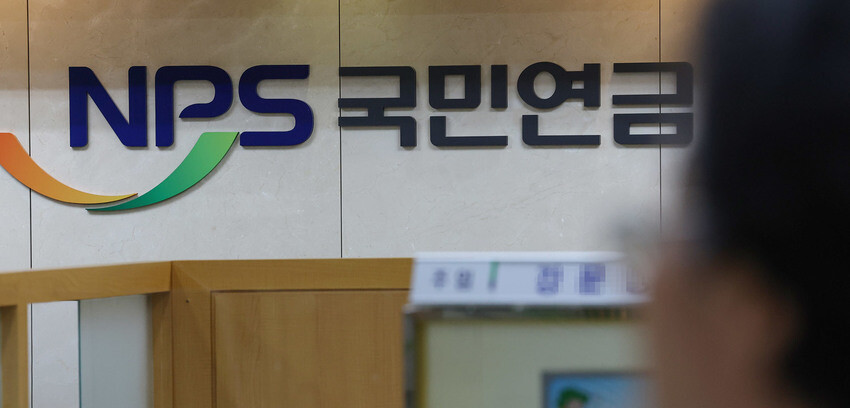
Seoul, South Korea – South Korea is considering a shift in its pension policy, focusing on enhancing the efficiency of private and corporate pensions rather than solely increasing the national pension’s replacement rate. This move comes as experts argue that a diversified pension system could provide a more sustainable and effective solution to the country's aging population.
A recent study revealed that by improving the returns on private and corporate pensions, South Korea could achieve a replacement rate of over 60%, effectively ensuring a comfortable retirement for many citizens. This approach would alleviate the need for significant increases in the national pension contribution rate, which could place a heavy burden on taxpayers.
South Korea, like many developed nations, currently operates a multi-tier pension system comprising national, corporate, and private pensions. However, the performance of private and corporate pensions has been relatively underwhelming. Low returns on investment have limited the effectiveness of these supplementary plans, leading to calls for reforms to boost their profitability.
Key findings from the study include:
Subpar returns: Many private pension funds have failed to match the returns of the national pension fund, with some even generating negative returns.
Low participation: There is a relatively low participation rate in private pension plans, suggesting a lack of public confidence in their ability to provide adequate retirement income.
Inadequate oversight: Regulatory oversight of private and corporate pensions has been insufficient, leading to concerns about mismanagement and conflicts of interest.
To address these issues, the government is considering a range of measures, including:
Strengthening regulation: Implementing stricter regulations to ensure that pension funds are managed prudently and in the best interests of beneficiaries.
Promoting education: Increasing public awareness of the importance of retirement planning and the benefits of diversified pension portfolios.
Offering incentives: Providing tax incentives and other benefits to encourage individuals to contribute more to private pension plans.
Experts believe that a diversified pension system offers several advantages, including:
Greater flexibility: Individuals can tailor their retirement savings to their specific needs and risk tolerance.
Increased competition: Competition among pension providers can help to drive down costs and improve investment returns.
Reduced government burden: By shifting more of the responsibility for retirement savings to individuals and employers, the government can reduce its financial obligations.
As South Korea grapples with the challenges of an aging population, the government is recognizing the need for a more sustainable and flexible approach to retirement income. By focusing on improving the performance of private and corporate pensions, the country can enhance the financial security of its citizens and reduce the long-term costs of its social safety net.
[Copyright (c) Global Economic Times. All Rights Reserved.]






























